Nature reports
Category: Other
Page 1 of 9 - 86 Results
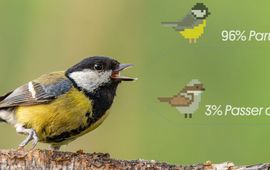
Artificial Intelligence is rapidly advancing in its ability to identify animal sounds, proving invaluable for biodiversity monitoring. This cutting-edge technology still relies heavily on human expertise. "Volunteers remain..
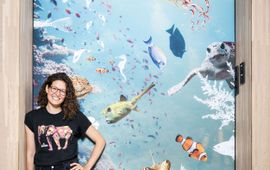
Tiny organisms called foraminifera can be incredibly useful for protecting coral reefs. Promovenda Elsa B. Girard developed a method to study them more efficiently. “This way, you can act before the corals are impacted.”..

Worldwide, coastal areas are squeezed between a rising sea level on one end and human structures on the other. The distance between a sandy coastline and the first human structures averages less than 400 meters around the world...
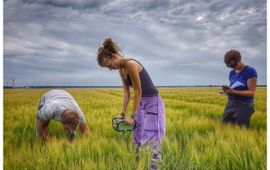
The less intensively you till the soil, the better the soil can function. Such as not ploughing as often or using more grass-clover mixtures as cover crops. These are the conclusions from a research team led by the Netherlands..

Last week, 160 researchers and conservationists of European butterflies and moths met in the Netherlands to exchange latest insights on population trends and knowledge about threats and measures for protection. Although there are..
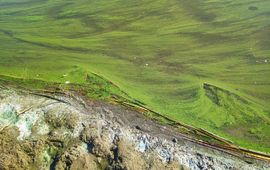
Every summer there they are again, blue-green algae. Why are they a problem, are they getting worse with climate change and what can we do about them? These are questions that over the past few years the Netherlands Institute of..

The Netherlands is a delta, a country that exists by the grace of water. Yet only in 1957 a professional ecological research institute for fresh water was established: the Hydrobiological Institute, a precursor of NIOO-KNAW. In..
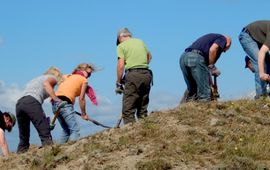
The image of the classic nature volunteer – an older man with binoculars and a passion for nature conservation – no longer seems to hold true. A recent study by Wageningen University & Research shows that Dutch people engage with..
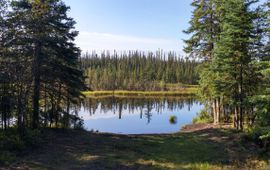
The extensive northern forests of Canada, Alaska and Siberia are about to fundamentally change their tree density because of climate change. According to a new study led by researchers from Wageningen University & Research, this..
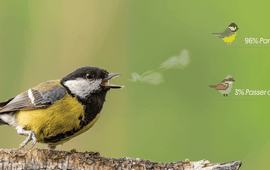
A birdsong recognition AI algorithm is now running live online in Xeno-canto, the world's largest open access collection of animal sounds. When 'mystery' bird recordings from anywhere in Europe are uploaded, the algorithm –..
